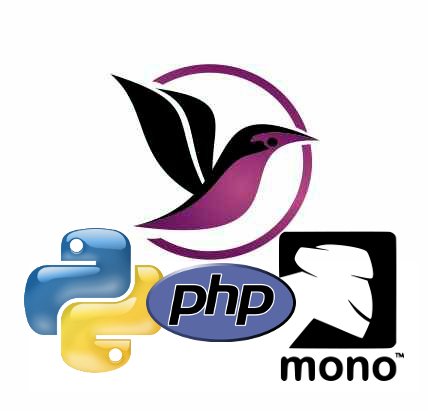 For a little while now I have been using the online todo list Remember The Milk to keep track of the numerous disparate tasks and projects I’ve got going on at any one time.
For a little while now I have been using the online todo list Remember The Milk to keep track of the numerous disparate tasks and projects I’ve got going on at any one time.
Using lists, tags and smart searches I’ve managed to not only never lose track of a task. I estimate this has made me about a billion times more efficient, and has reduced stress levels a thousand fold.
Additionally, I use the new and increasingly indispensable ifttt beta to automate a bunch of tasks around the internet; e.g. to grab a copy of Facebook pictures I get tagged in, send me an SMS when the there’s a problem on my girlfriend’s route to work, etc.
Every so often something happens on the internet and, rather than undertaking a specific action, you want to be prompted to undertake some appropriate action. Wouldn’t it be sweet if when these things happened you could have a virtual PA drop a note on your daily todo list?
Twitter to the rescue!
Sadly, Ifttt doesn’t have a Remember the milk channel (yet) but, like many web apps, Remember the milk has a twitter bot. If you add this bot as a friend and associate your RTM account with your twitter account you are able to add things to your task list by sending the bot a direct message.
Ifttt has a twitter task, so all you need to do to add something to your task list when an action is triggered is begin the twitter message with “d rtm”, e.g.
d rtm Write about Latakoo’s latest blog ^today #work
You can use RTM markup in your message to control what list it goes to, set due dates etc.
My standard use case is to prompt me to write a blog post in response to a client updating their blog, or to tell me cover my car’s windscreen when it’s forecast to snow the next day. I’m sure there’s much more you can do with it!


 I got bored one evening, so I hacked together the beginnings of an API library for
I got bored one evening, so I hacked together the beginnings of an API library for